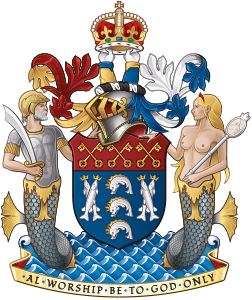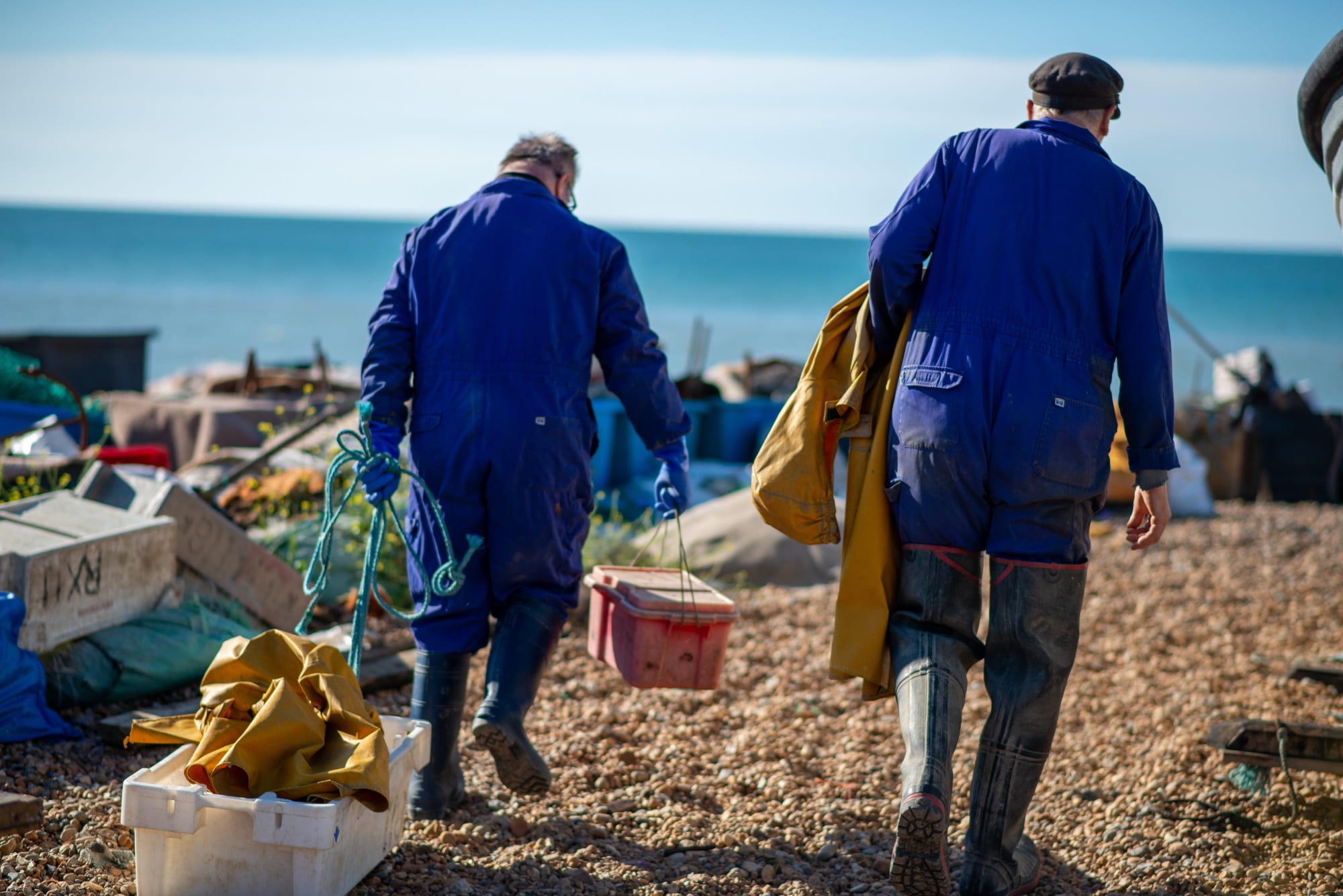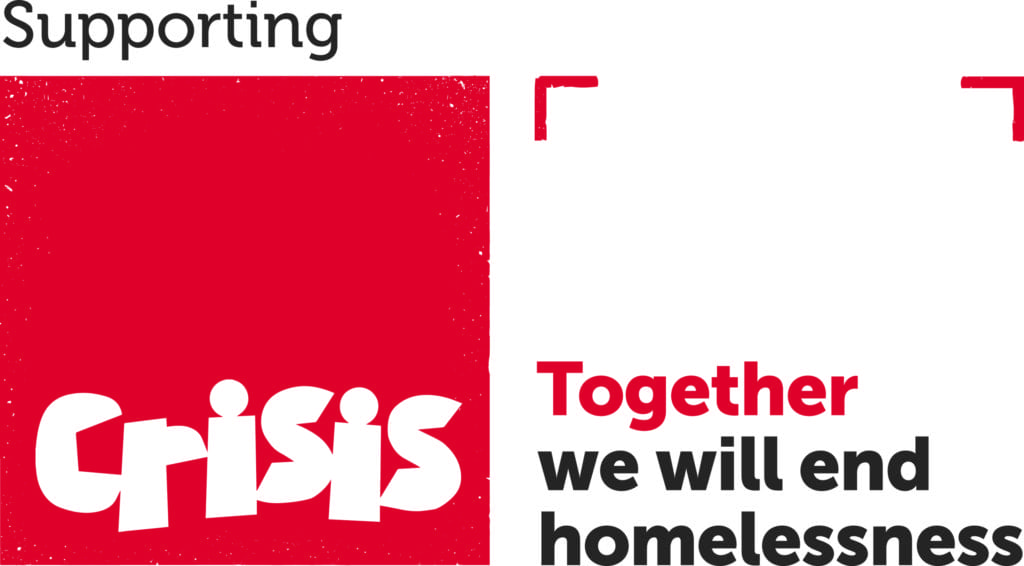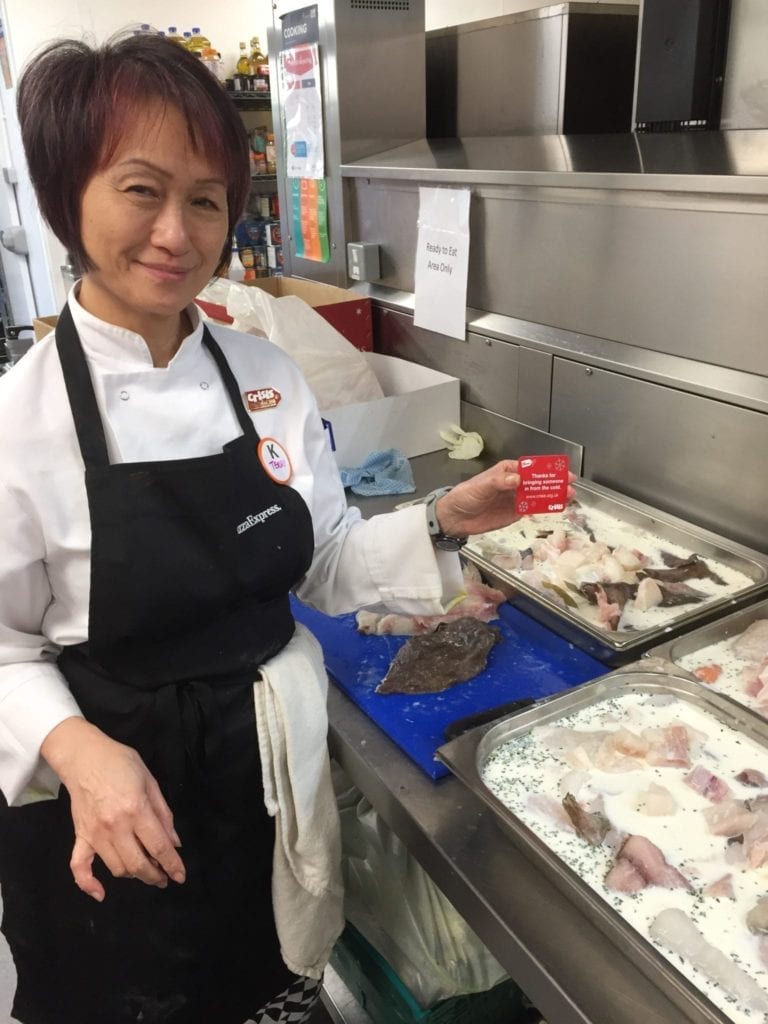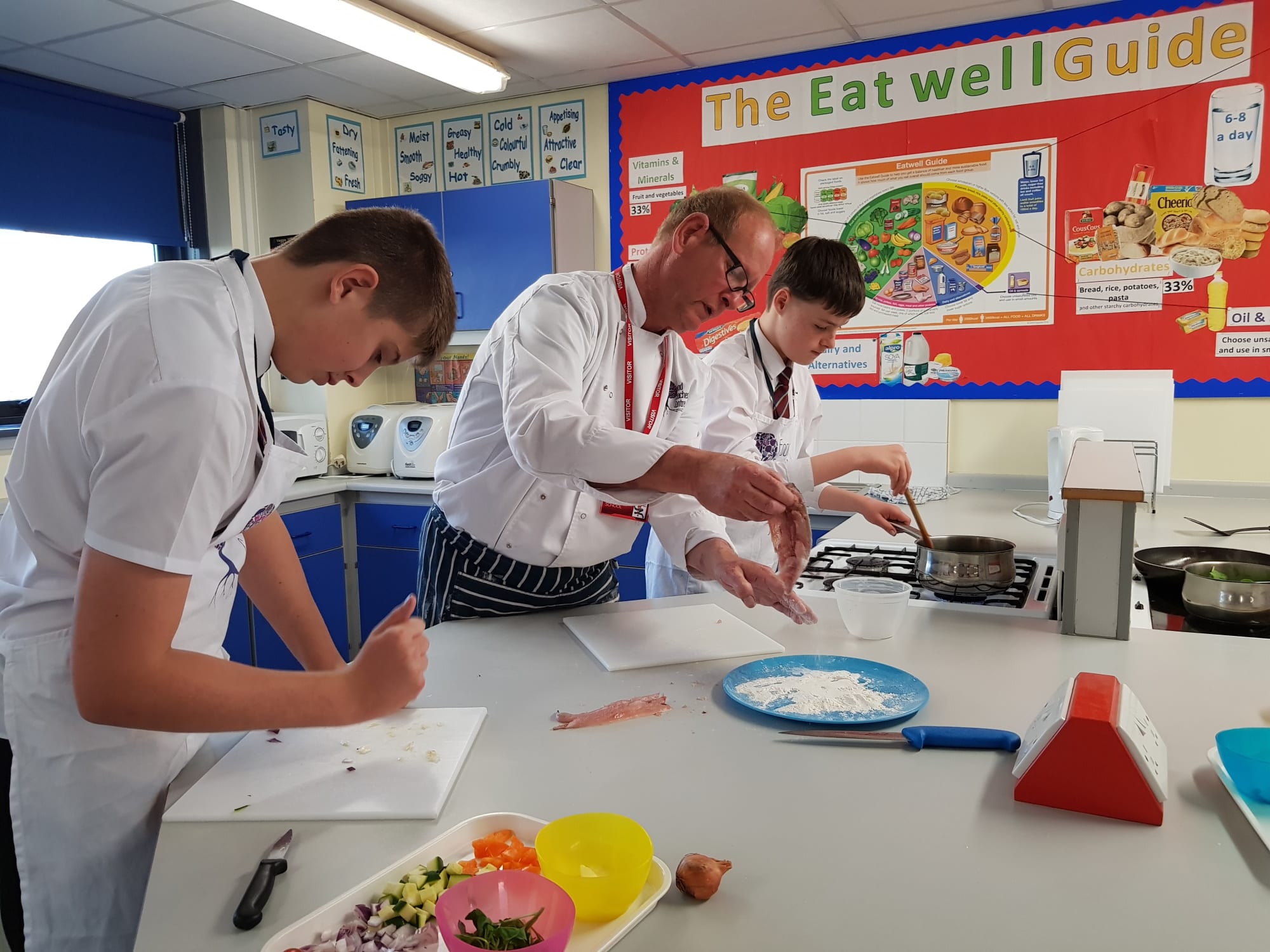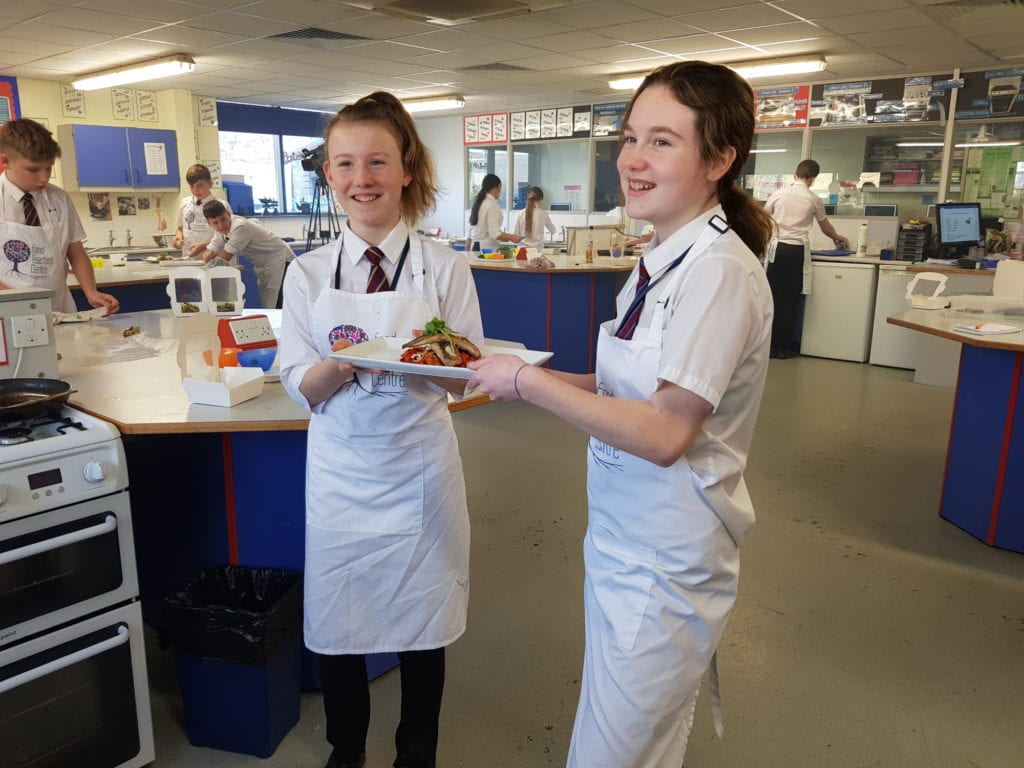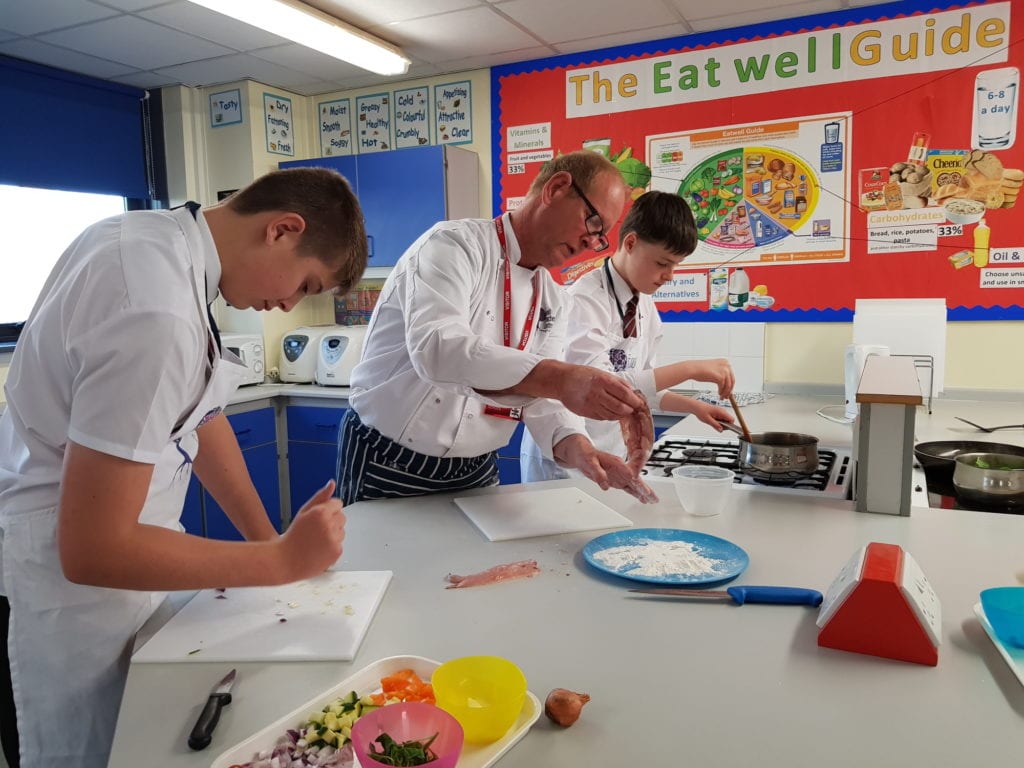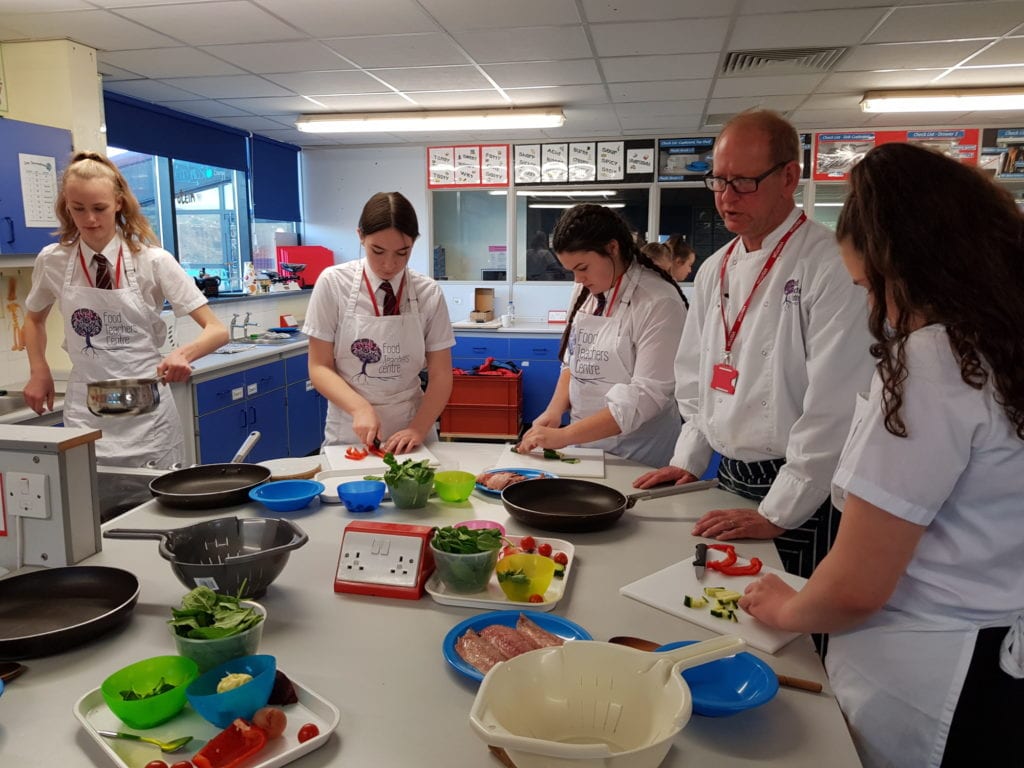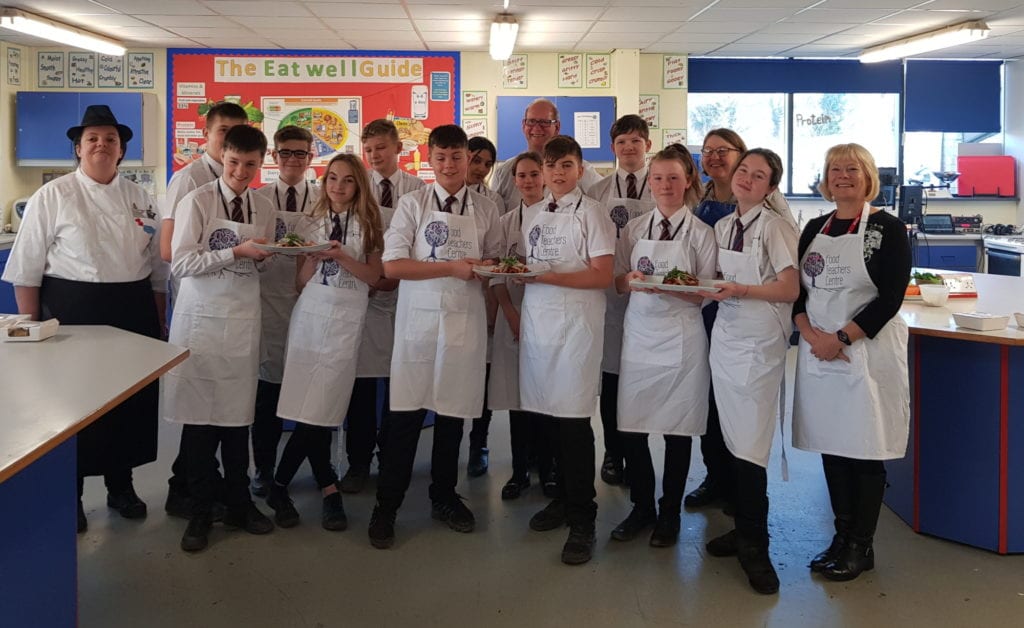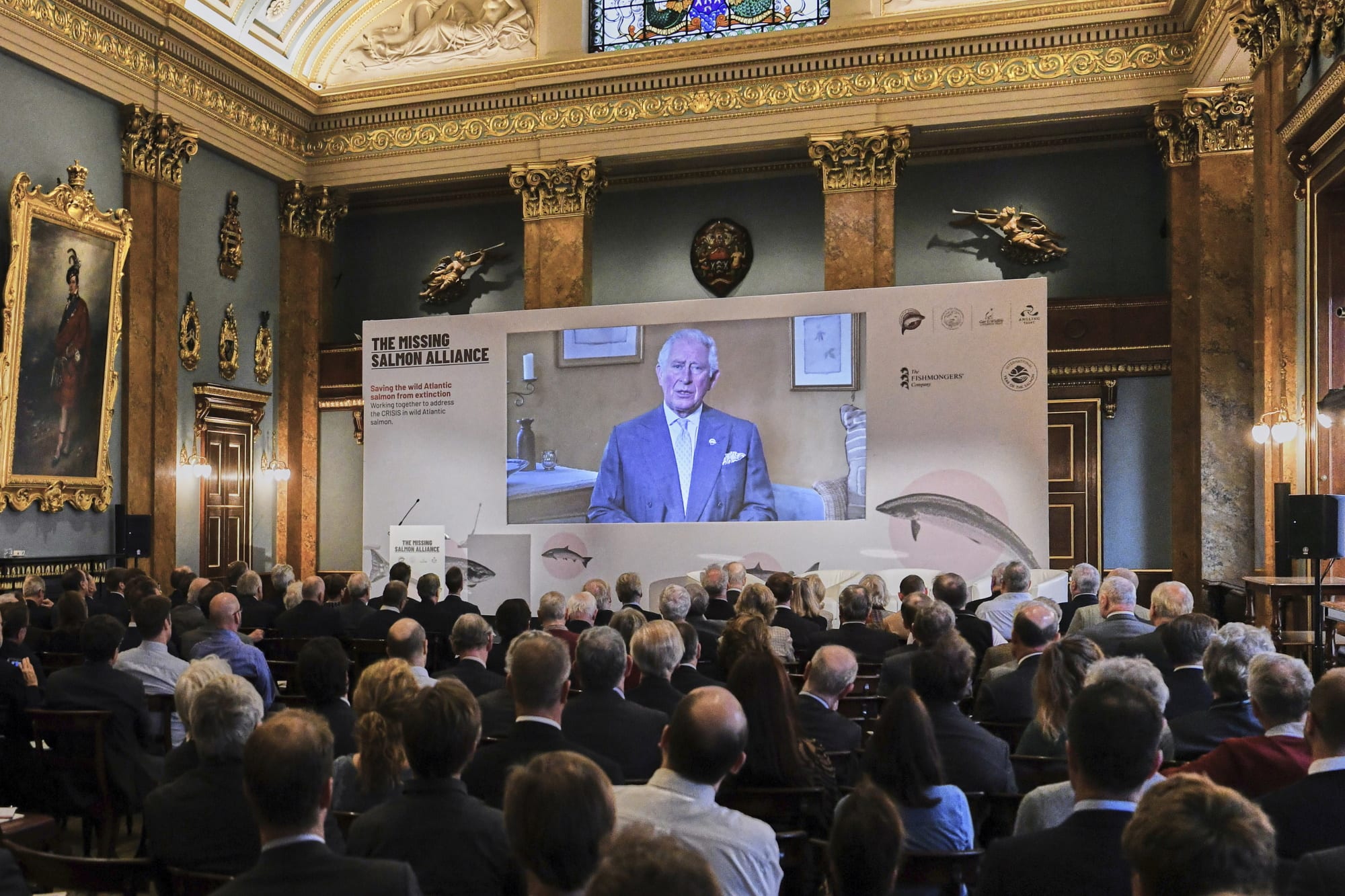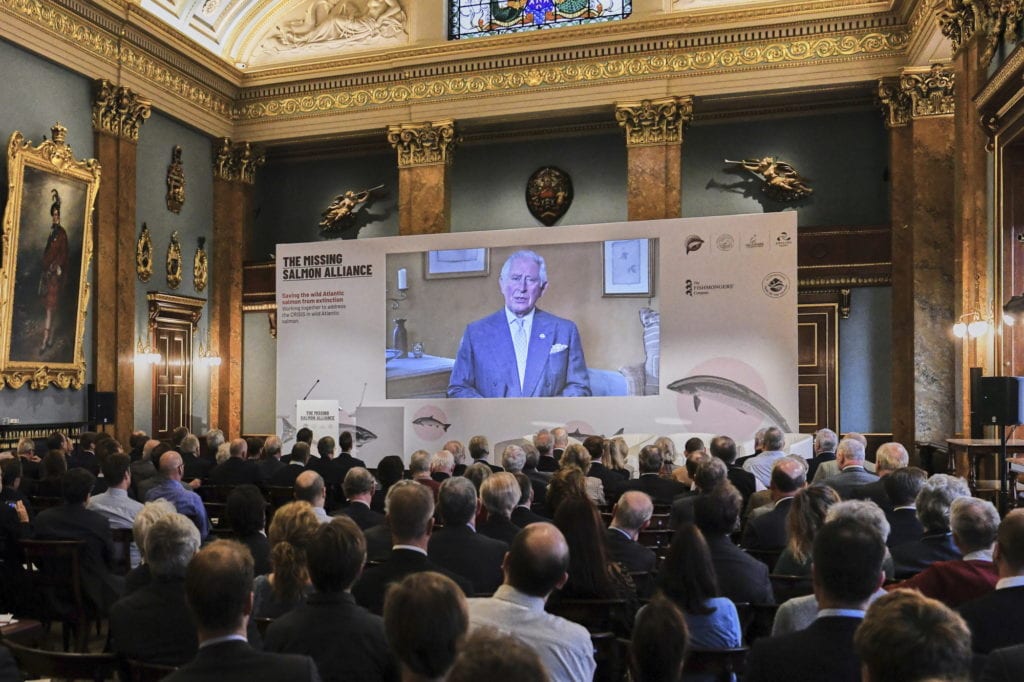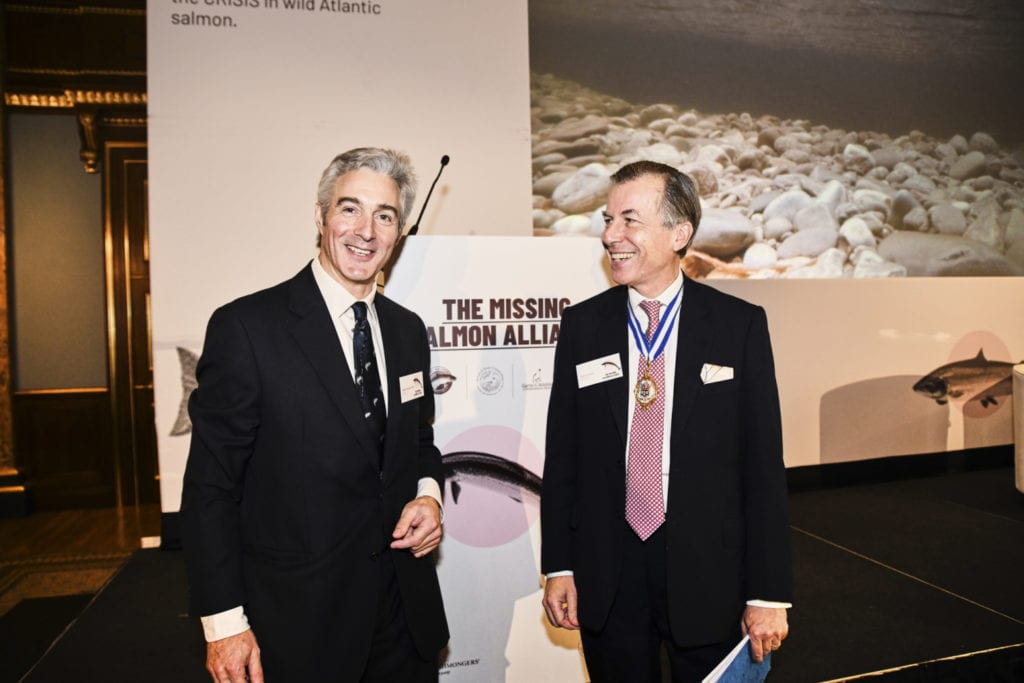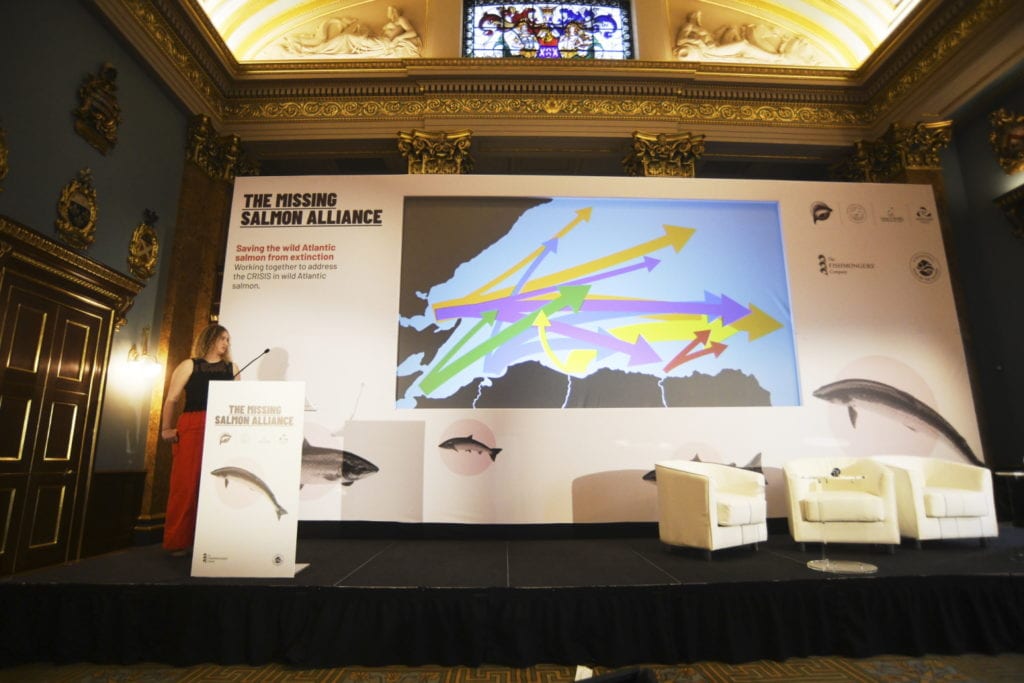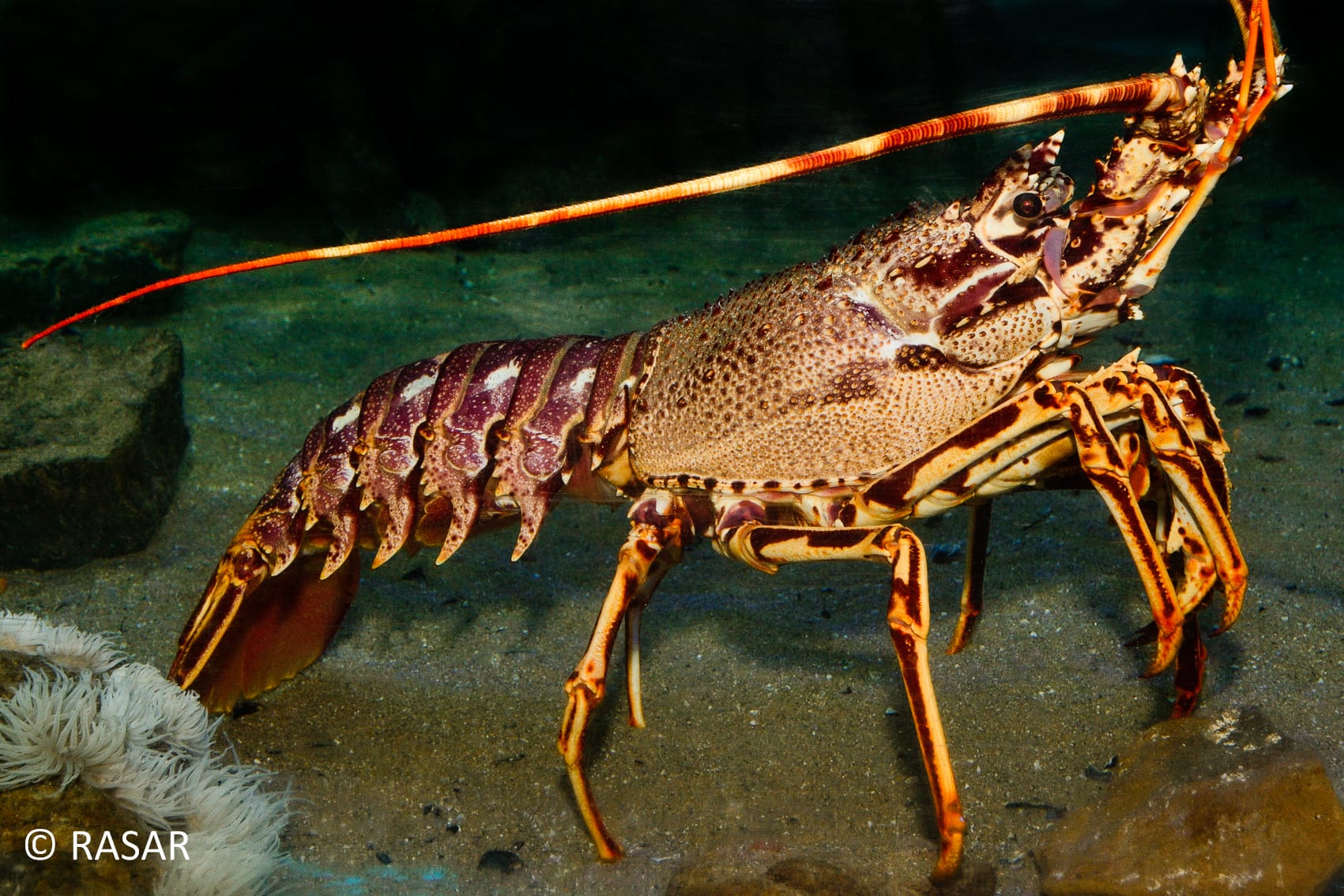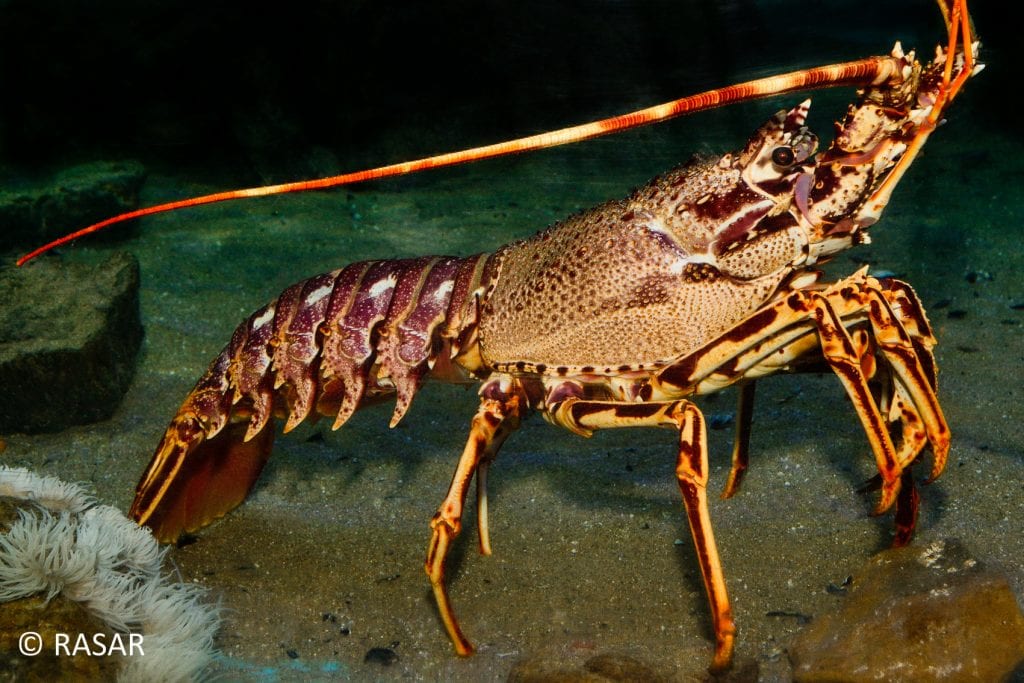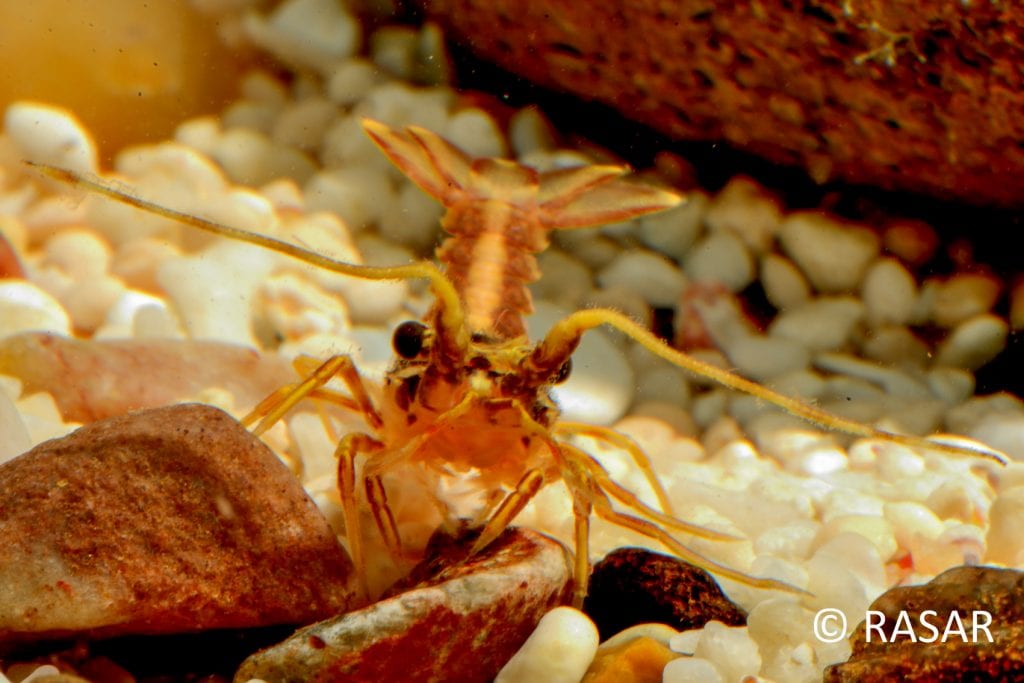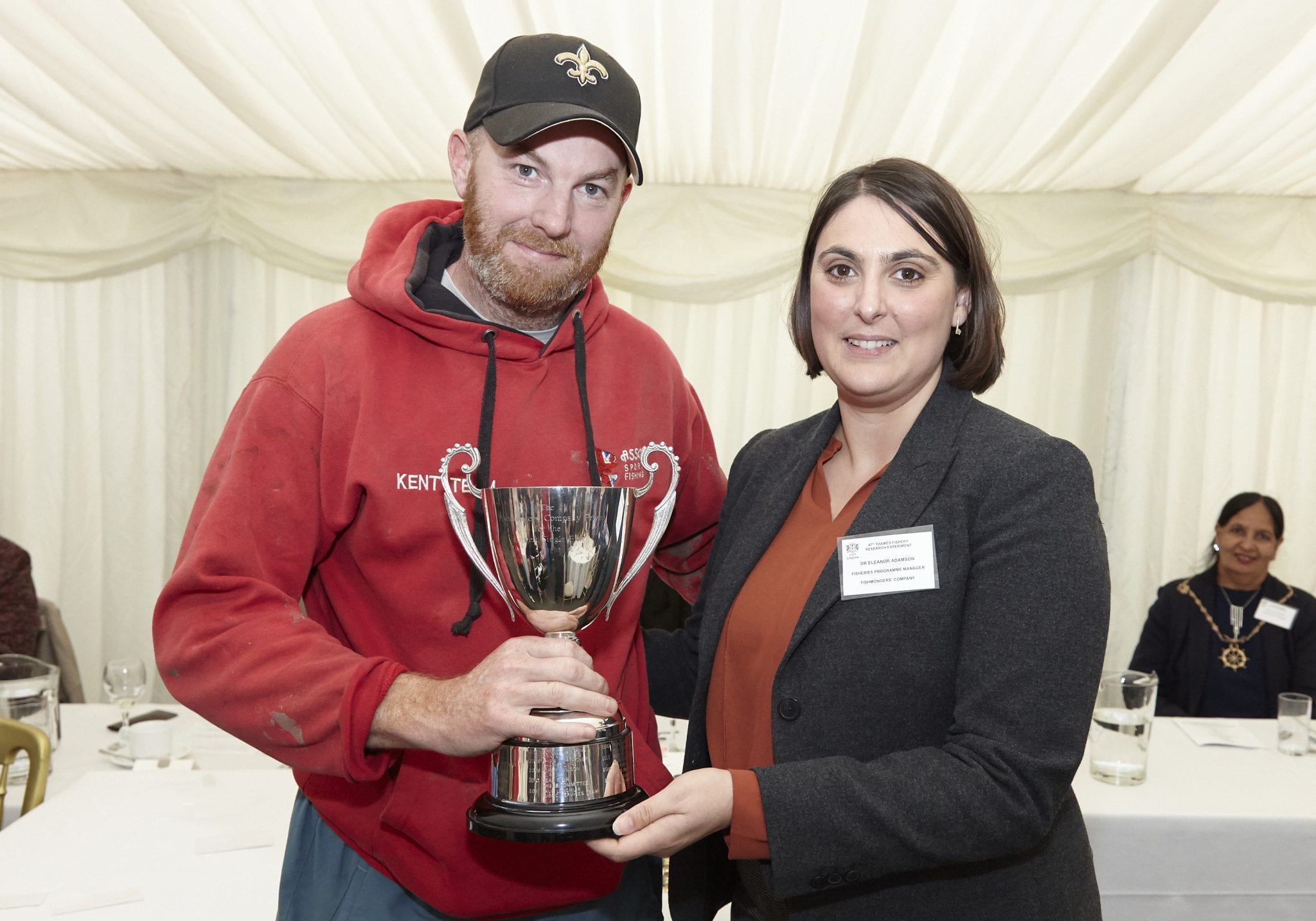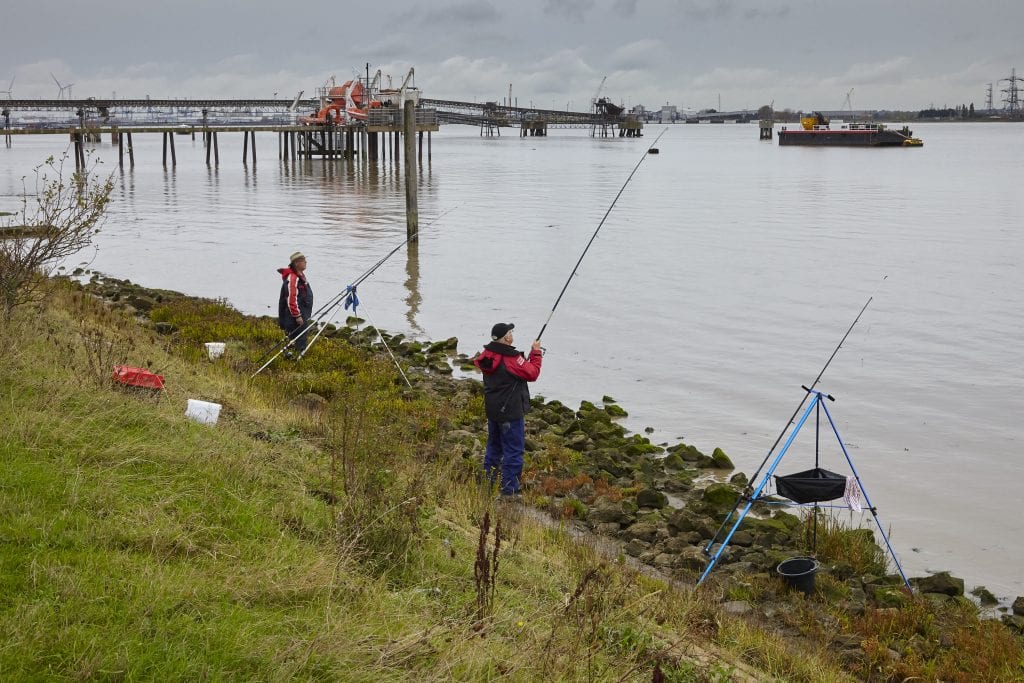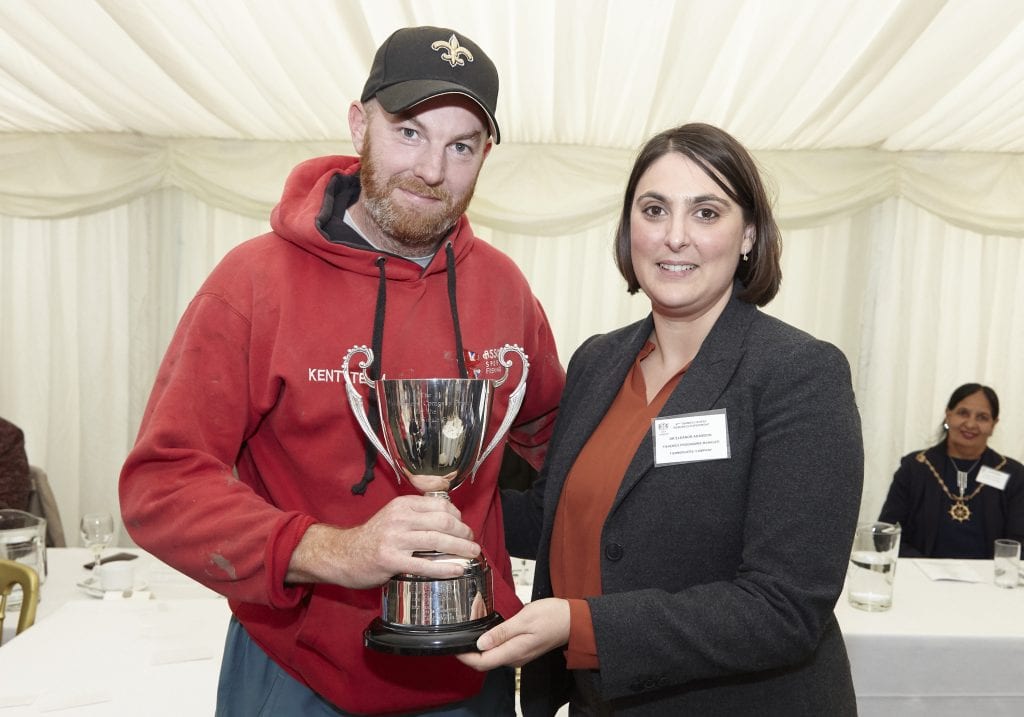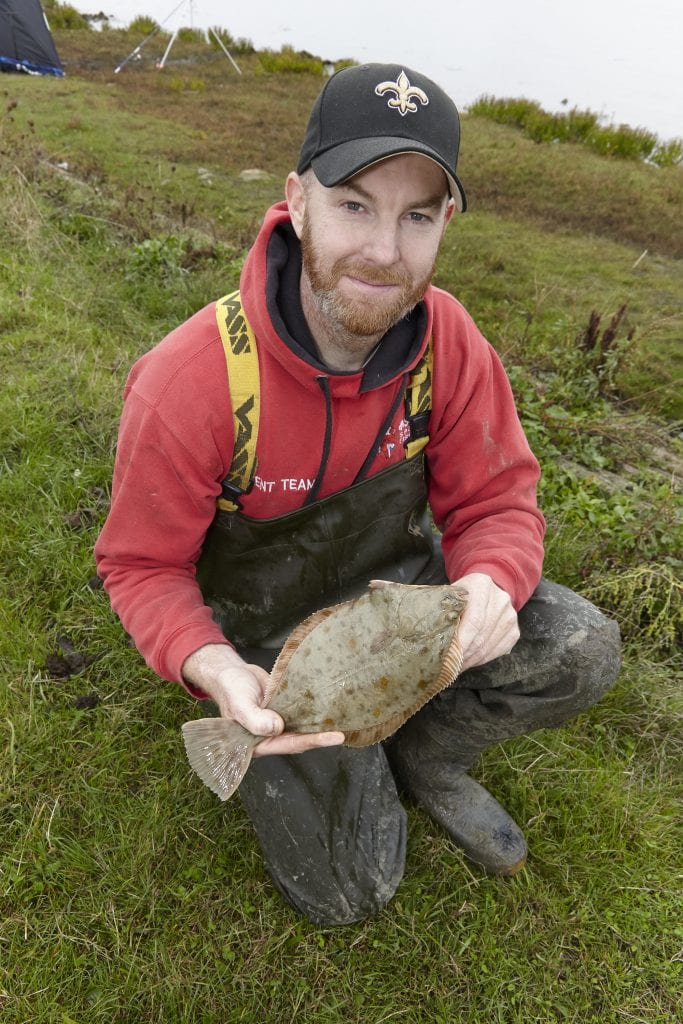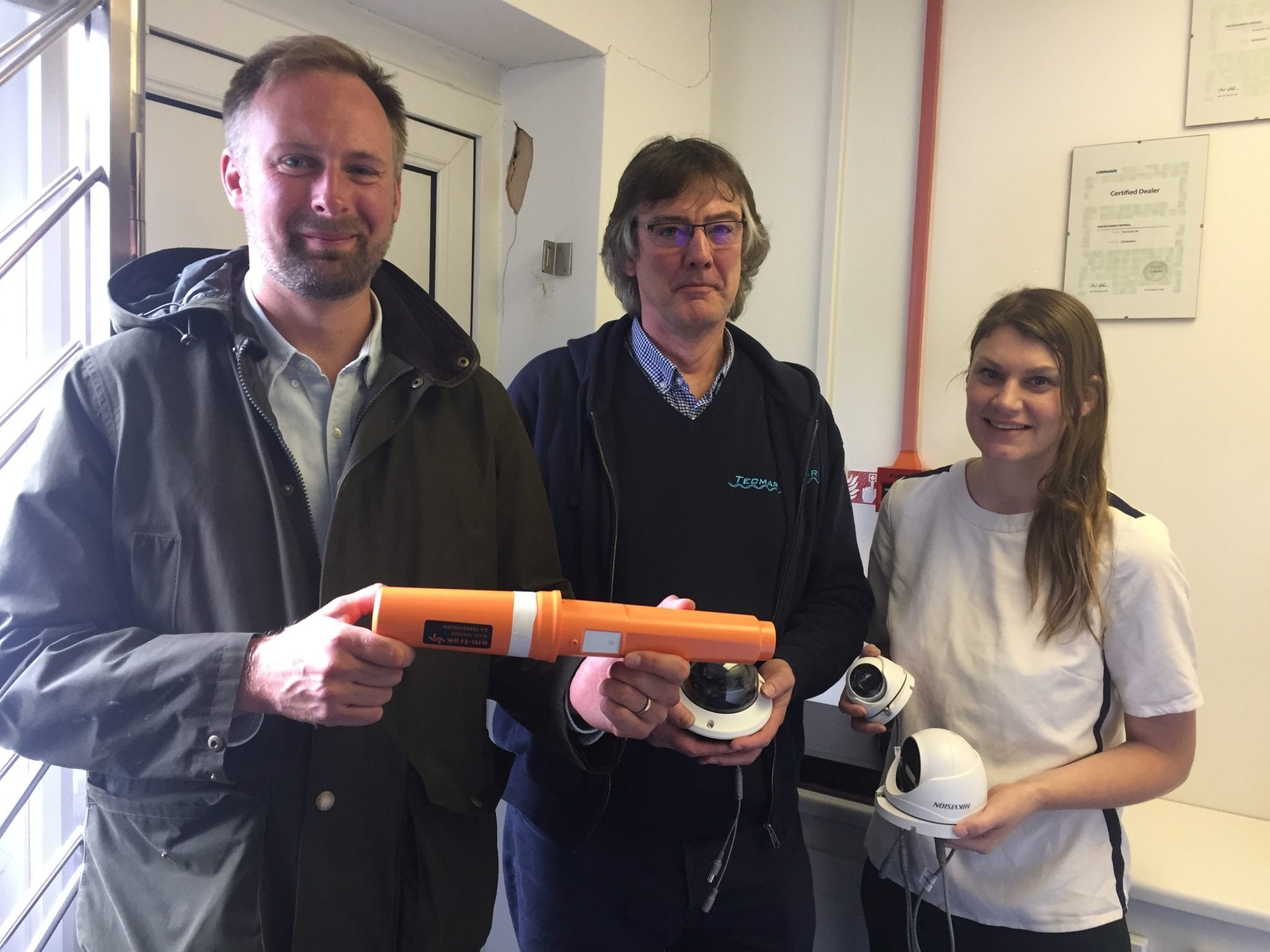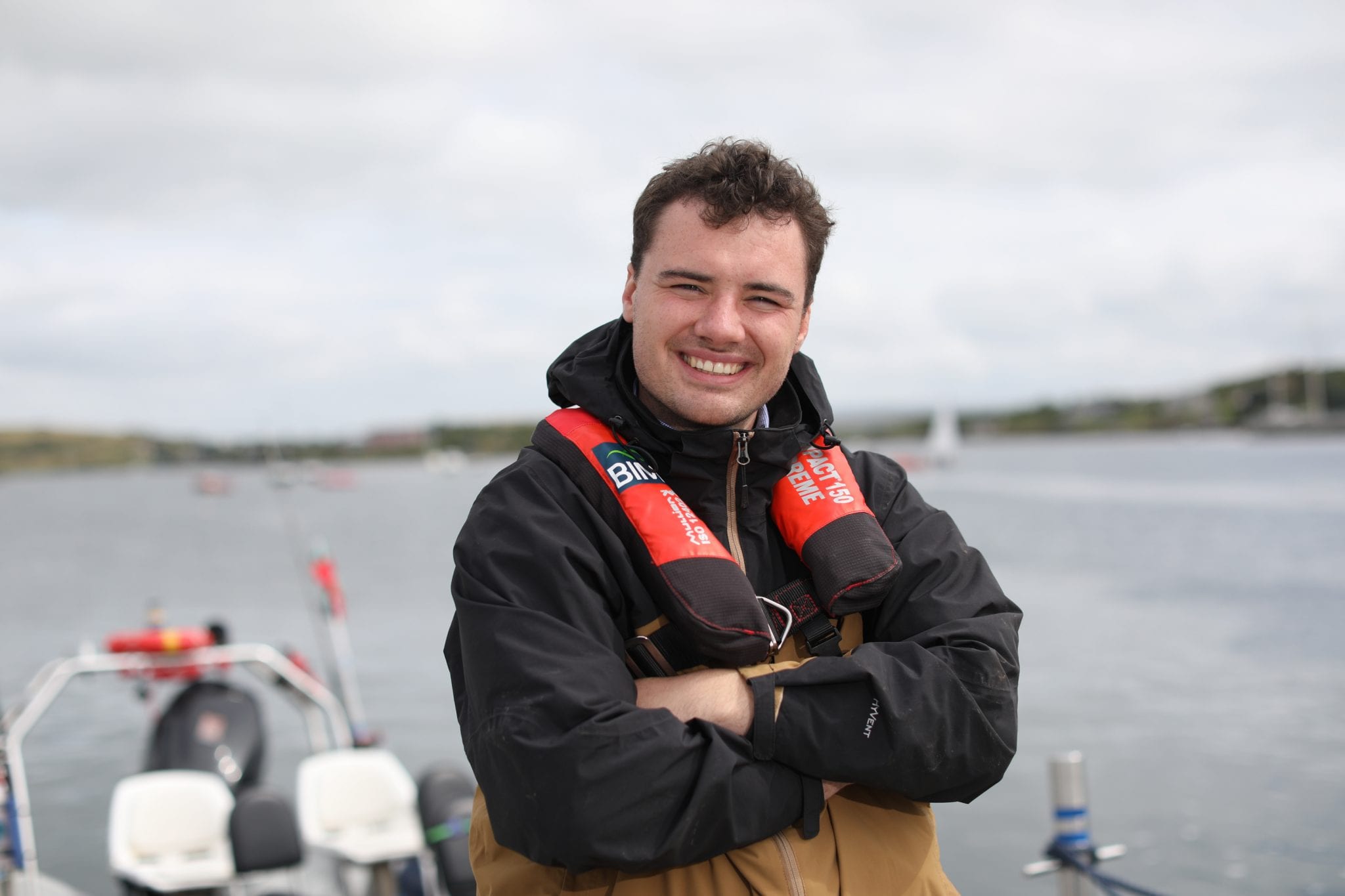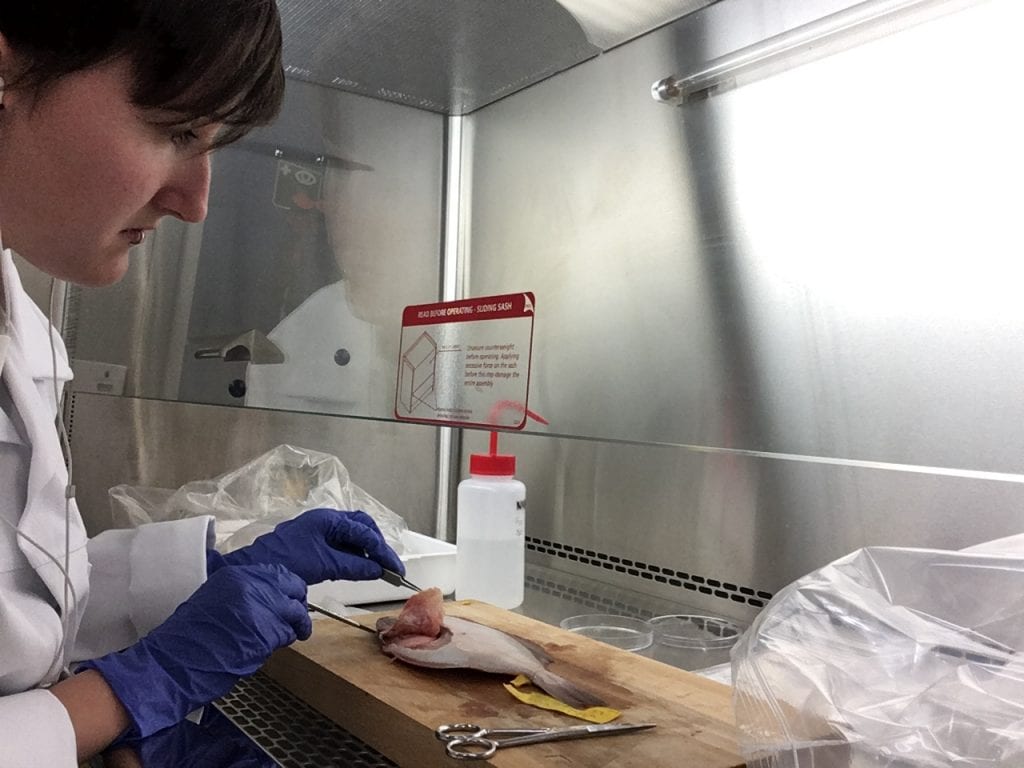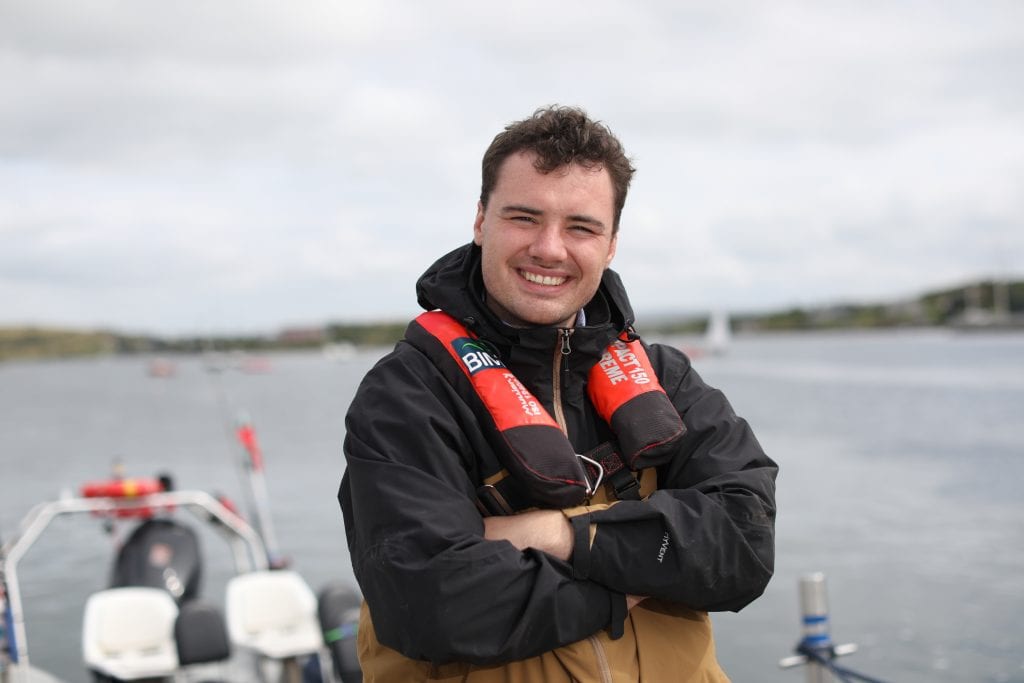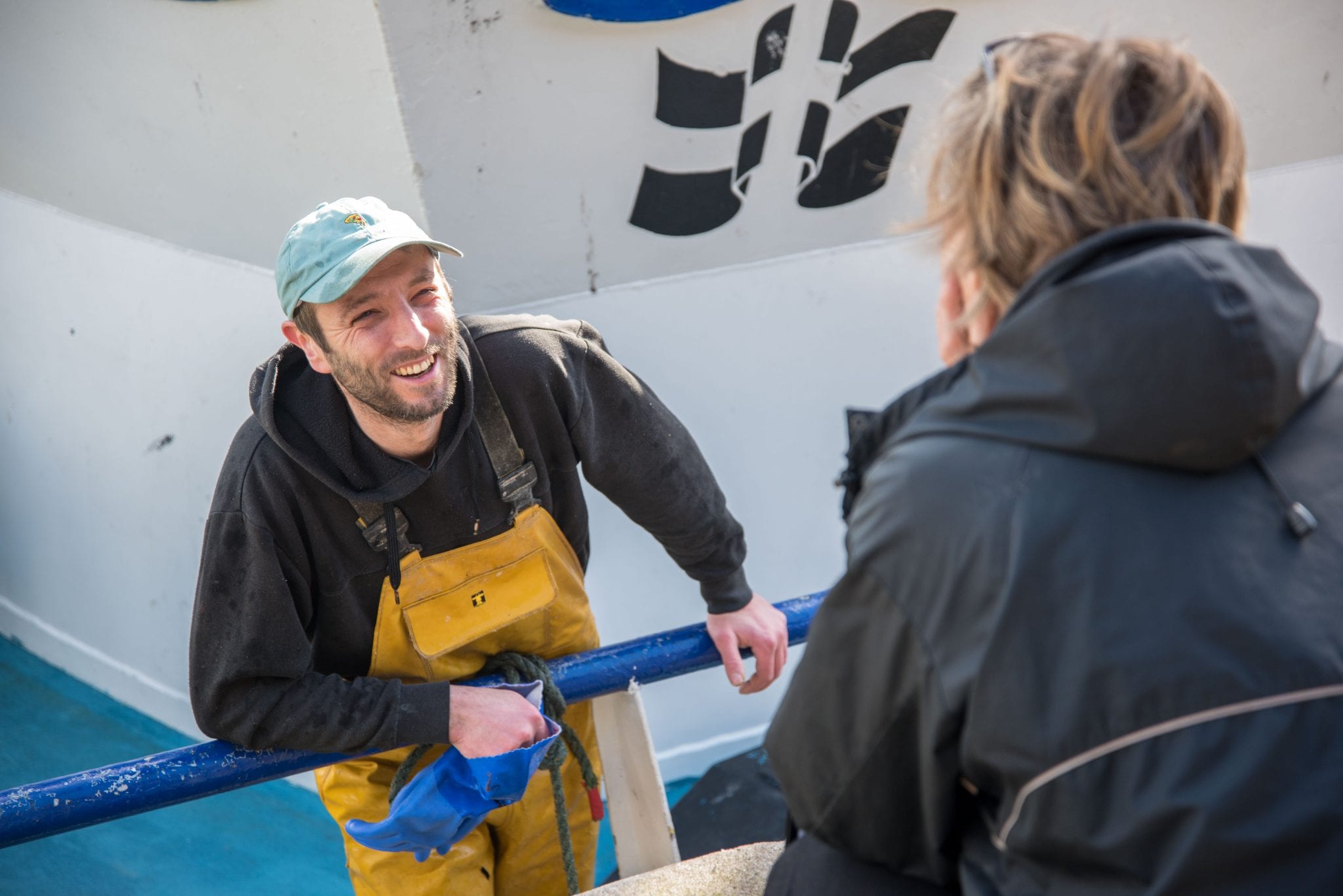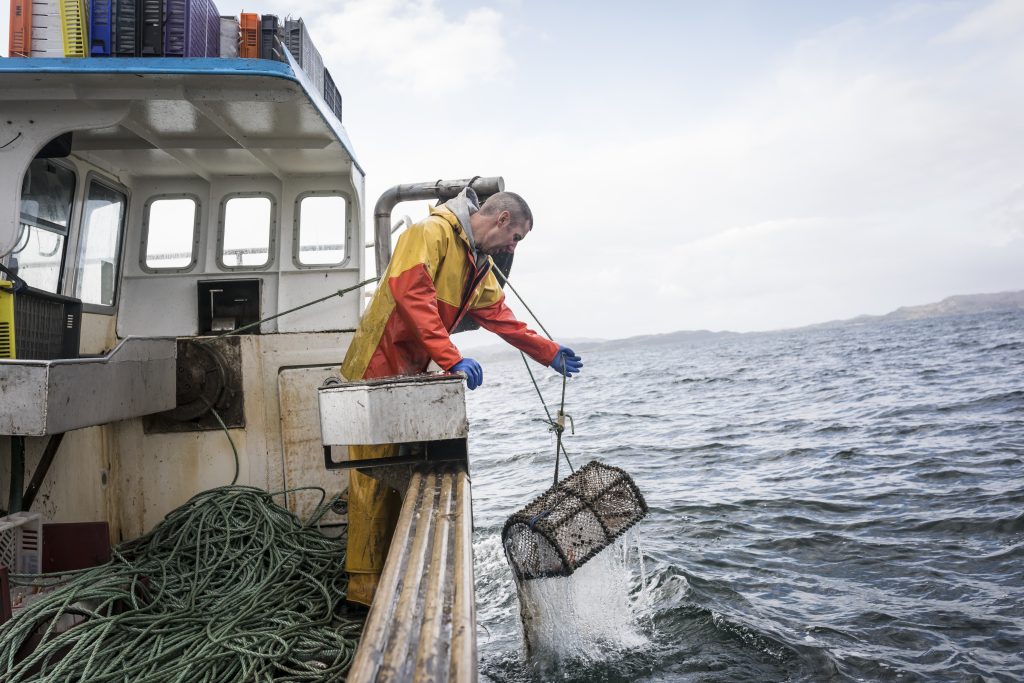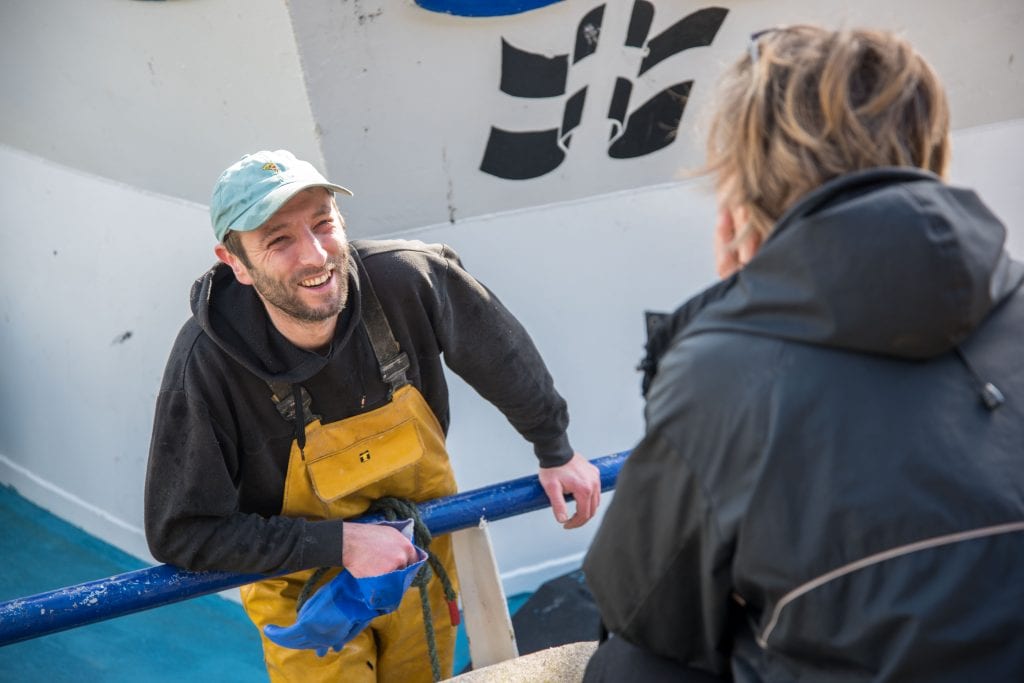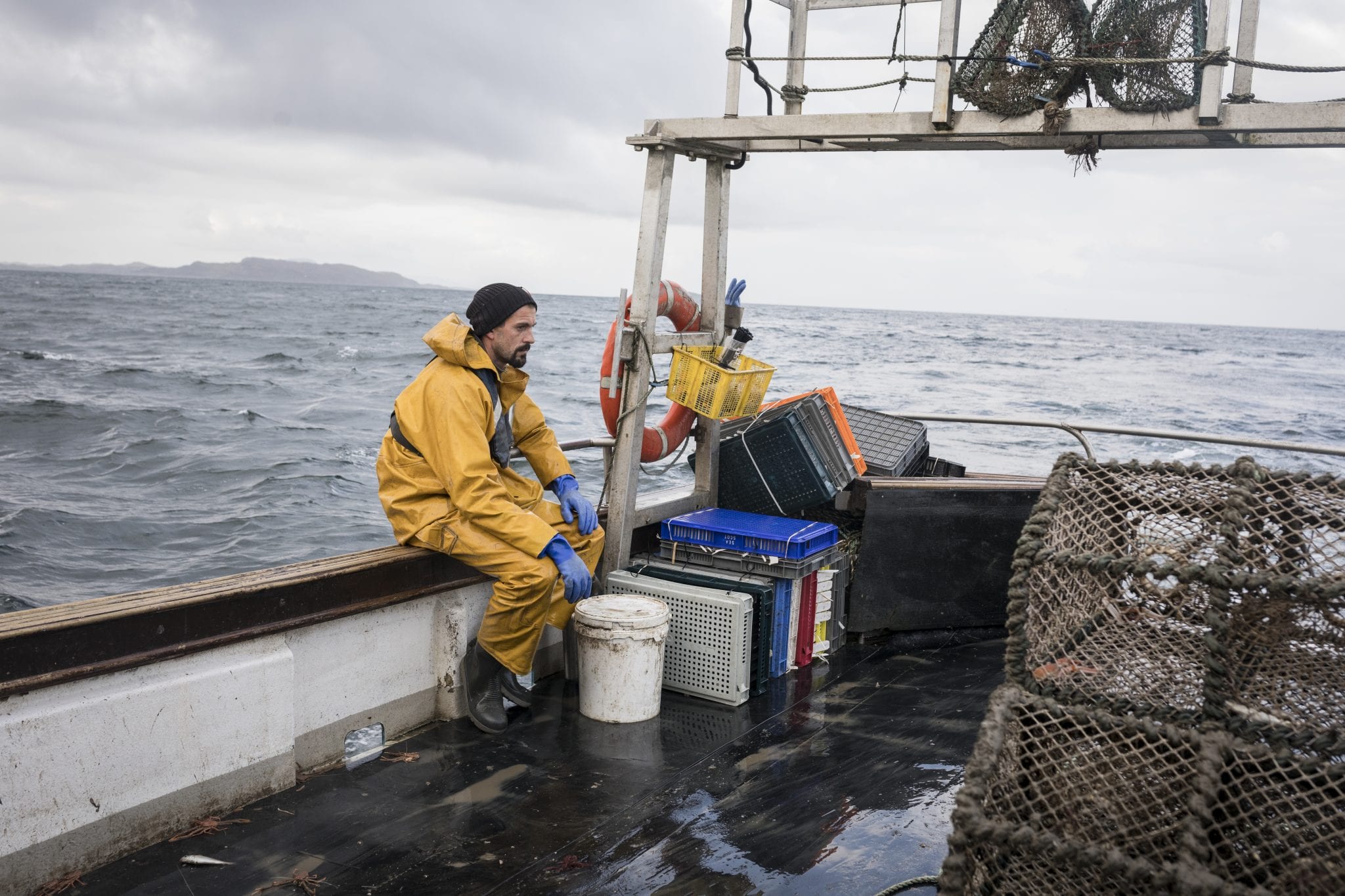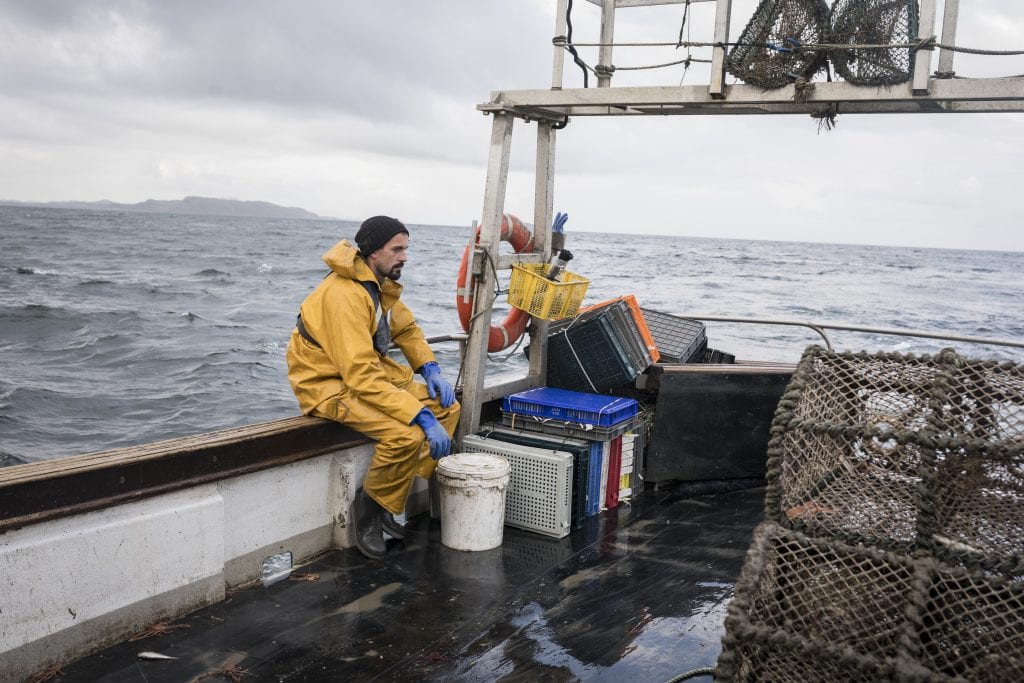Six active fishermen have joined the steering group of the Future of Our Inshore Fisheries project at a meeting held at Fishmongers’ Hall on 23 January.
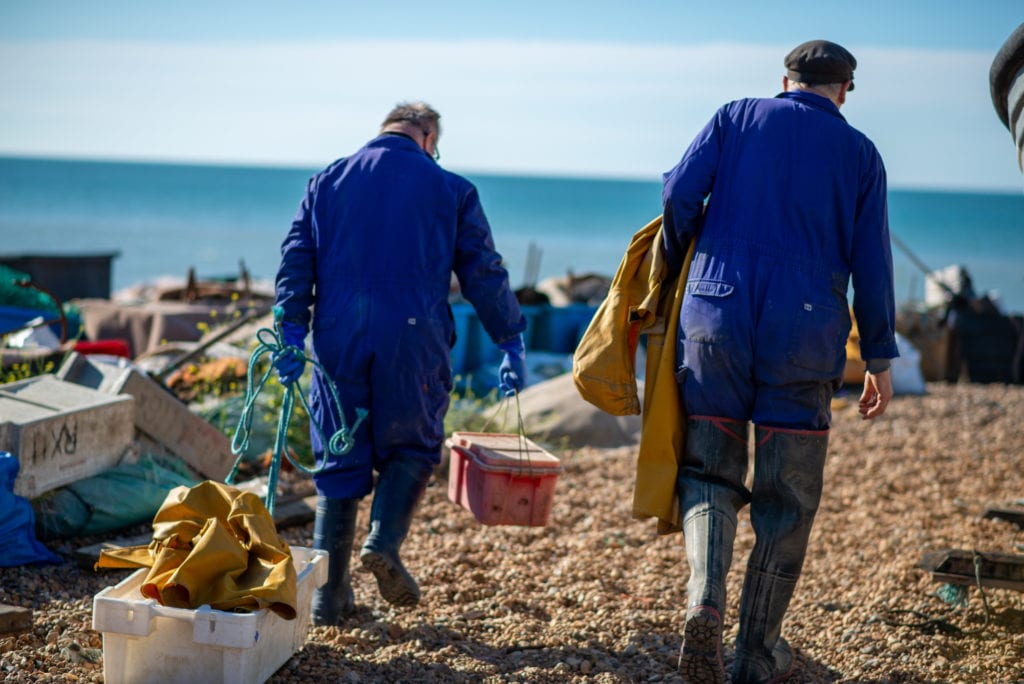
The group – who all attended the milestone Future of Our Inshore Fisheries conference in October last year – will play a key role in determining the next steps of the ambitious project, which aims to ensure that inshore fisheries, the marine environment and coastal communities are sustainable and thriving.
Alasdair Hughson (Kyleakin), Ned Clark (North Shields), Aubrey Banfield (Dorset), Joel Dunn (Plymouth), Brackan Pearce (Newlyn) and Len Walters (Cardigan) will attend the group on a rota basis, with at least two attending each meeting, ensuring representation from active fishermen but reducing the number of days at sea lost by any one individual.
The Fishmongers’ Company forms part of the steering group that includes representatives from several fishermen’s representative bodies including National Federation of Fishermen’s Organisations (NFFO), Scottish Fishermen’s Federation (SFF), Anglo-North Irish Fish Producers Organisation (ANIFPO) and the Coastal Producers Organisation (CPO). Others represented on the steering group include DEFRA, DAERA, the Marine Management Organisation, CEFAS and the Association of IFCAs. The steering group is chaired by Michel Kaiser, Professor of Fisheries Conservation at Heriot Watt University, and facilitated by Seafish.
Commenting on the appointments Professor Kaiser said:
“This project has been led by the industry from the start and relies on the involvement, expertise and experience of active fishermen. We had excellent representation from fishermen at the Future of Our Inshore Fisheries conference last year and we are delighted that Alasdair, Ned, Aubrey, Joel, Brackan and Len have stepped into a leadership role to help to shape this next critical phase.”
Set-up in January 2019, the Future of Our Inshore Fisheries project aims to establish a blueprint for a collaborative management approach which will ensure that both inshore fisheries and coastal communities are sustainable and thriving into the future.
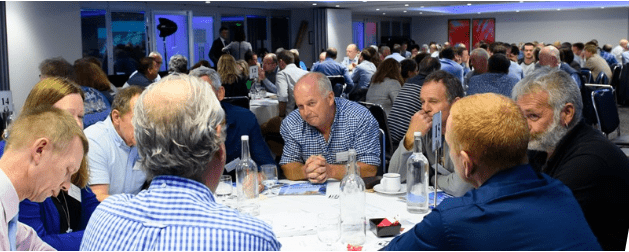
Almost sixty active fishermen attended the Future of Our Inshore Fisheries conference in October 2019 – thanks in part to bursaries provided by companies and organisations from throughout the seafood supply chain – to discuss relevant issues with policy makers, regulators, industry leaders, researchers and the environmental community. On the agenda for discussion at the first steering group of 2020 was the draft report which captures the views expressed at the conference and the common themes as well as determining an action plan of next steps. The steering group will provide an update in the near future.

